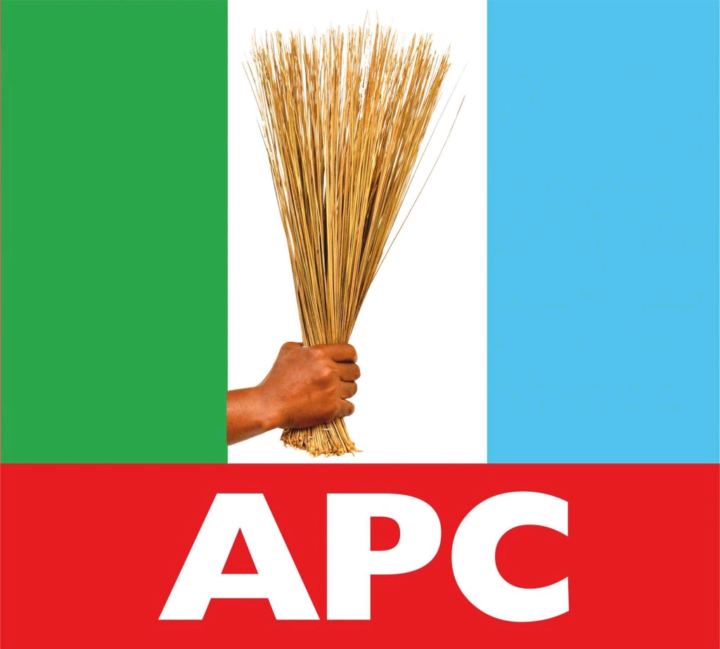The exorbitant expense of government in Nigeria has been addressed by Alhaji Lasisi A. K. Jimoh, a statesman and chieftain of the All Progressives Congress, APC, in Kwara State.
He criticized the nationwide adoption of security votes, calling it “legalized looting of the public treasury.”
He made these comments in an interview with the the media in Ilorin: “If, I have my way, I will want to stop the idea of security votes. As a former government employee, I have first-hand knowledge of how the so-called security votes function.

Nothing concrete has come of the security votes, and you can’t see billions of naira being spent on security, so it’s not subject to auditing but rather a legalized plunder of public cash.
If it can’t be stopped altogether, then at least it should be governed by legislation. The same goes for security ballots.
If an open audit is not possible, a private one is warranted. At the very least, state and national legislatures should be required by law to report on the use of “security” funds.
Jimoh also criticized the norm of political leaders traveling in large groups in armored vehicles and asked who was out to get them.
Under the current socio-economic pain the country is passing through, the APC chairman suggested democratic socialism in the shape of austerity rather than the political office holders living opulent lives while the public suffer.
He proposed that we reduce imports of luxury goods in order to increase our foreign exchange reserves. Bringing in so many armored cars and trucks seems unnecessary.
“Why do we need that in this country?” “Each armoured car or vehicle cost more than N100m, why?” His questions continued.
Regarding President Bola Ahmed Tinubu’s removal of fuel subsidies, he praised the decision but criticized the hurried and unprepared implementation.
He drew an analogy between himself and a patient undergoing surgery, arguing that, just as the patient needs anesthesia to prevent discomfort during the procedure, so too the federal government should have administered socio-political anesthesia to its constituents.
Jimoh said that palliatives such as food, automobiles, and cash should have been introduced before the fuel us subsidy was eliminated, rather than as an afterthought.
He pointed out that labor unions were also contributing to the problem by demanding pay increases that would do little to raise workers’ quality of life.
I was a labor activist before entering the private sector with British Petroleum (BP) in 1967–1968, where I served as chairman of the workers union at what was then known as West African Limited but is now known as BP Nigeria Limited.
I find it surprising that the scope of trade unionism has not expanded beyond the demand for higher wages since those days.
“I expect the unions by now, to be so articulate as to be giving the government guidelines and helping with ideas on how to achieve good governance, not just asking for more money all the time,” he remarked.
He said that “what’s important is not how much money workers bring home, but how much stuff they can buy with that money.”
The APC leader has denounced the military takeover of the government in Niger Republic, but has also urged for alternatives to the use of force to resolve the political deadlock.
He claimed that the Ecinonic Community of West African States (ECOWAS) organization should evaluate the environmental impact of the proposed military option, despite the fact that he does not like military rule because it is totalitarian and does things with impunity.
Support InfoStride News' Credible Journalism: Only credible journalism can guarantee a fair, accountable and transparent society, including democracy and government. It involves a lot of efforts and money. We need your support. Click here to Donate
